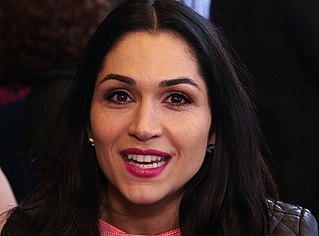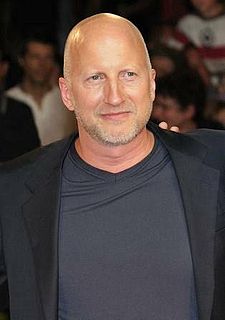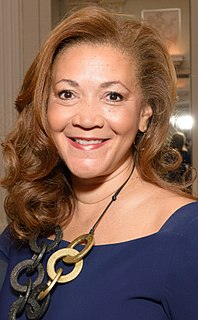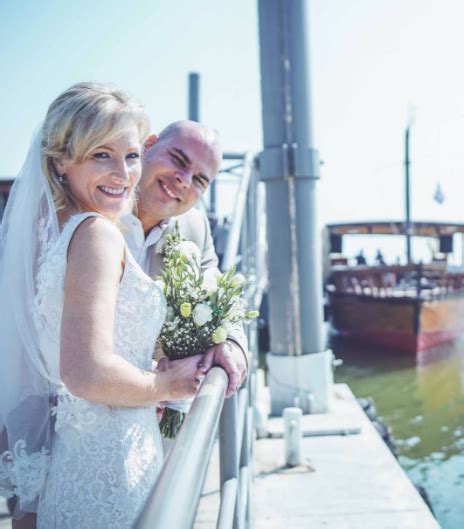A Quote by Peter Carey
I think there was, and there is, a real Commonwealth culture. It's different. America doesn't really feel to be a part of that.
Related Quotes
I don't really identify with America, I don't really feel like an American or part of the American experience, and I don't really feel like a member of the human race, to tell you the truth. I know I am, but I really don't. All the definitions are there, but I don't really feel a part of it. I think I have found a detached point of view, an ideal emotional detachment from the American experience and culture and the human experience and culture and human choices.
One other thing: at the meeting in Canada, [there was] the coup in Fiji. This comes to an important part of the Commonwealth: the role of the Queen [Elizabeth II]. I had absolutely just enormous respect for her as leader of the Commonwealth. You could talk to her about any of the fifty-one countries of the Commonwealth and you could have an intelligent conversation with her about the economics, the politics. She really immersed herself in the Commonwealth.
The reason I wouldn't dare to write a Western is simply because that seems to be so much a part of American culture. Maybe if I want to write a Western enough I should try to overcome that fear, but I'll certainly feel like I'm trespassing. I feel that that is so much a part of American foundation myth, it's part of the myth of America, the American vision of what America is, which people have glorified and then challenged and then vilified.
There is a certain amount of righteous indignation I hold for the American culture, because to get back to the real root of it, to get broader about it, my opinion that is my species - and my culture in America specifically - have let me down and betrayed me. I think this species had great, great promise, with this great upper brain that we have, and I think we squandered it on God and Mammon. And I think this culture of ours has such promise, with the promise of real, true freedom, and then everyone has been shackled by ownership and possessions and acquisition and status and power.
I think it's hard sometimes for people to grapple with the real-life consequences of political change. I think that, we as a culture, feel like politics is one sector of our lives that can feel apart from our personal lives and the cultural things we're interested in and the sports we watch. It feels like this separate, different thing.
I think there's the apparent lack of subtlety and sort of make-believe anti-sensibility connected with American art. I think this is a style, and it does relate to our culture, and I think it would be anachronistic maybe to pretend to be involved with subtle changes and modulations and things like that, because it's really not part of America.
World War II vets in general didn't talk about their experiences. They believed there was something better and that they were going to prove to America what they could be and show America what it could be by being the change that they wanted. Like that Ghandi phrase "be the change that you want to see" but I think that it was also just a different culture. People didn't want to complain, whereas today if you go to the Starbucks and they mess up your order you might tweet about it. You know it's a different kind of culture.
Many teachers of the Sixties generation said "We will steal your children", and they did. A significant part of America has converted to the ideas of the 1960s - hedonism, self-indulgence and consumerism. For half of all Americans today, the Woodstock culture of the Sixties is the culture they grew up with - their traditional culture. For them, Judeo-Christian culture is outside the mainstream now. The counter-culture has become the dominant culture, and the former culture a dissident culture - something that is far out, and 'extreme'.






































